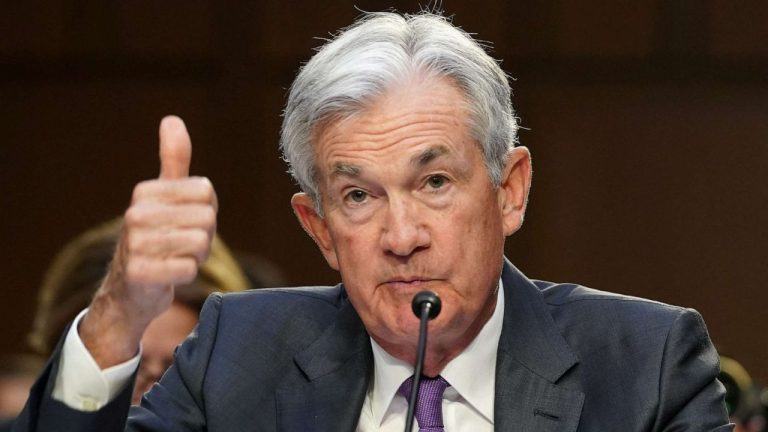
In a recent development in the world of finance and cryptocurrency, the Federal Open Market Committee (FOMC) meetings have come under scrutiny following a lawsuit filed by James Fishback's Azoria Capital. The lawsuit sought to make these meetings open to the public, a move that was met with skepticism and ultimately blocked by a judge.
The FOMC meetings, which are held by the U.S. Federal Reserve, are historically known for their closed-door policy, where key decisions on monetary policy are made behind closed curtains. The lawsuit filed by Azoria Capital challenged this secrecy, arguing that transparency is crucial in ensuring accountability and public trust in the Federal Reserve's decision-making process.
However, the judge's decision to block the request for public access to FOMC meetings has upheld the Fed's closed-door policy. This decision has sparked a debate among financial experts and cryptocurrency enthusiasts on the importance of transparency in central bank operations.
Federal Reserve Chairman Jerome Powell found himself in the midst of this controversy, as the lawsuit brought attention to the secretive nature of FOMC meetings. These meetings play a crucial role in shaping the country's economic policies, including decisions on interest rates and quantitative easing measures that can have a significant impact on the financial markets.
The debate around the transparency of FOMC meetings is not new. Critics argue that the closed-door policy allows for potential conflicts of interest and insider trading, as privileged information may be shared among a select group of individuals. On the other hand, supporters of the current policy argue that confidentiality is necessary to facilitate frank discussions among policymakers without external pressures.
In the world of cryptocurrency, where decentralization and transparency are core principles, the controversy surrounding FOMC meetings highlights the ongoing tension between traditional financial institutions and the ethos of blockchain technology. Cryptocurrency advocates often point to the lack of transparency in central bank operations as a reason to embrace decentralized alternatives like Bitcoin and Ethereum.
As the debate over the transparency of FOMC meetings continues, the decision to uphold the Fed's closed-door policy raises questions about the future of central bank operations in an increasingly digital and interconnected world. Whether the calls for transparency will gain momentum or if the status quo will prevail remains to be seen, but one thing is certain – the debate over the role of central banks in a rapidly evolving financial landscape is far from over.
Source: https://news.bitcoin.com/judge-rejects-bid-to-make-powells-interest-rate-meetings-public/

Leave a Reply